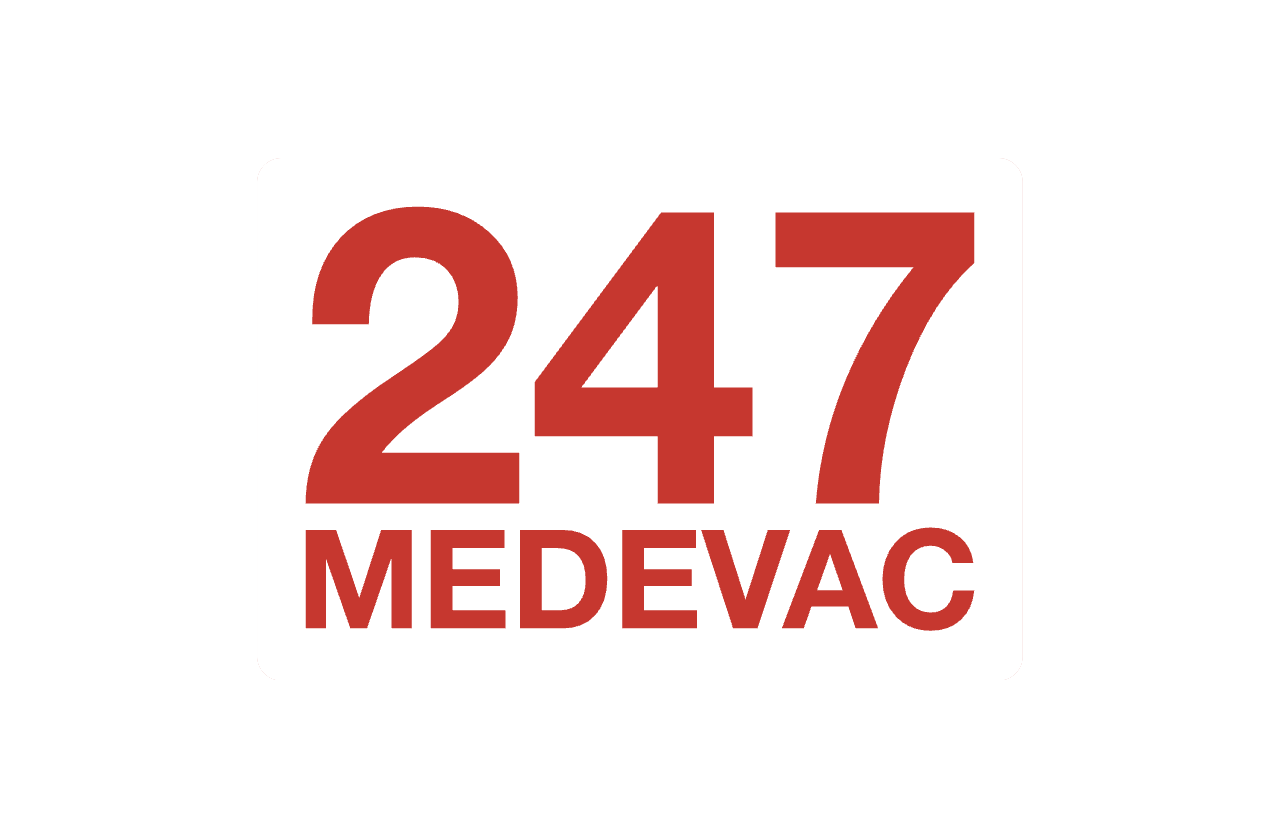Burn Victim Transfers by Air Ambulance: Delivering Specialized Critical Care Across Borders
Severe burn injuries are among the most complex and devastating medical emergencies. They affect not only the skin but also the body’s ability to regulate temperature, maintain fluid balance, and fight infection. Burn victims often require immediate, specialized care that includes advanced wound management, fluid resuscitation, pain control, and sometimes complex surgeries such as skin grafting. When such injuries occur abroad, in remote locations, or in regions without dedicated burn centers, transferring patients quickly to specialist facilities becomes essential. Air ambulance transfers play a crucial role in making this possible, delivering hospital-level care in flight and ensuring that burn victims receive the treatment they need without delay.
The severity of burn injuries varies widely, from partial-thickness burns to extensive full-thickness burns that can cover large areas of the body. Beyond the surface damage, burns can affect airways through smoke inhalation, compromise circulation, and lead to life-threatening infections. Victims may require intensive monitoring, oxygen therapy, ventilatory support, and complex wound care during transfer. Air ambulances are uniquely equipped to manage these needs, with aircraft configured as airborne intensive care units and medical crews trained in advanced trauma and burn management.
The process of transferring a burn victim by air ambulance begins with stabilization at the local hospital. Initial care focuses on managing pain, preventing infection, and ensuring adequate fluid resuscitation. Once the patient is stabilized for flight, the air ambulance team coordinates every detail of the transfer. Specialized equipment, including advanced monitoring systems, ventilators, and medication pumps, is prepared to ensure continuous care during the journey. Burn dressings are maintained or adjusted in-flight, and strict infection control protocols are followed to reduce the risk of complications.
On board, the patient is cared for by a medical crew trained in critical care and trauma medicine. Pain management is one of the most important aspects of burn victim transfers, as these injuries are often excruciating. Intravenous analgesics and sedation are administered to keep the patient comfortable throughout the journey. Continuous monitoring of heart rate, oxygen levels, fluid status, and blood pressure ensures that any deterioration is detected and managed immediately. For patients with inhalation injuries, advanced airway management and ventilatory support are available, ensuring stability during the flight.
Speed is a vital advantage of air ambulance transfers for burn victims. Burn injuries require rapid access to specialized burn units, where expert surgeons and multidisciplinary teams can begin treatment. Time is especially critical in cases of extensive burns, where early intervention can significantly improve survival and long-term recovery. Air ambulances bypass the limitations of commercial flights, offering direct routes and immediate readiness, which can make the difference between life and death.
For families, the trauma of seeing a loved one suffer severe burns abroad is overwhelming. They face the stress of navigating unfamiliar medical systems, language barriers, and uncertainty about whether local hospitals have the facilities to provide advanced care. 247 Medevac provides reassurance in these moments by managing the entire transfer process. From coordinating with local doctors and securing international flight clearances to arranging ground ambulances and liaising with receiving burn centers, every detail is handled with professionalism and compassion. Families are kept informed throughout, ensuring peace of mind during a time of crisis.
Insurance companies, corporations, and governments also rely on air ambulance transfers for burn victims. These injuries often require lengthy, specialized treatment and rehabilitation, making timely access to burn centers essential. By working with trusted providers like 247 Medevac, organizations can fulfill their duty of care obligations while ensuring that patients receive expert, compassionate support. Transparent pricing, rapid mobilization, and global reach make these services indispensable in managing complex burn emergencies.
The logistics of international burn victim transfers are complex. Infection prevention is a priority, as burn patients are highly vulnerable. Receiving hospitals must be fully briefed, with medical records and updates shared before arrival to ensure that burn teams are prepared for immediate intervention. Aircraft and medical equipment must undergo rigorous cleaning and sterilization after each mission to maintain the highest standards of safety. 247 Medevac specializes in this level of precision and coordination, ensuring seamless, safe, and efficient transfers across borders.
Ultimately, burn victim transfers by air ambulance are about more than transportation. They are about delivering critical care without interruption, ensuring that patients have access to the world’s leading burn specialists, and offering families reassurance during one of the most distressing experiences imaginable. They are about giving patients the best possible chance of survival, recovery, and quality of life.
247 Medevac is proud to provide this essential service. With aircraft configured for critical care, medical crews trained in burn management, and global operations capable of mobilizing at short notice, the company ensures that burn victims receive safe, dignified, and expert care wherever they are in the world. Each mission reflects a commitment to compassion, safety, and precision, ensuring that geography never limits access to the treatment patients need.
In the end, air ambulance transfers for burn victims represent a vital link between initial stabilization and definitive treatment. They ensure that critical care does not stop at borders and that patients in crisis are never left without options. With 247 Medevac, burn victims and their families can rely on expert support, rapid response, and the assurance that specialized care is always within reach.
